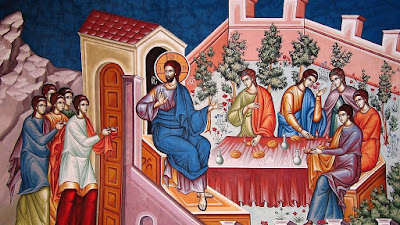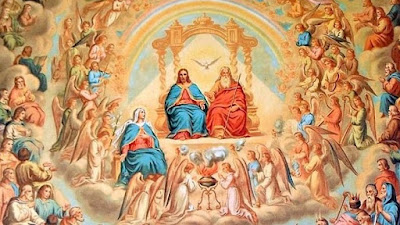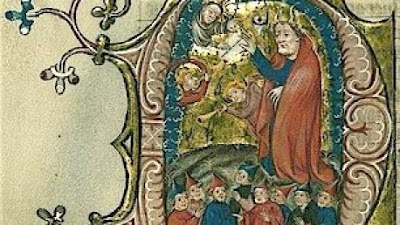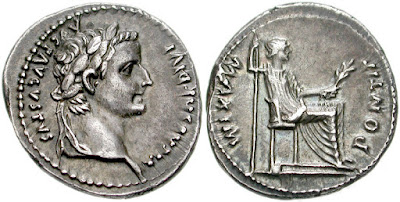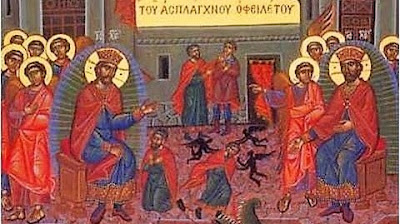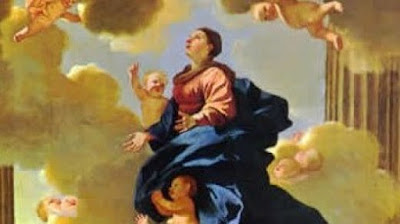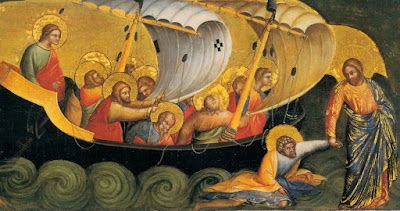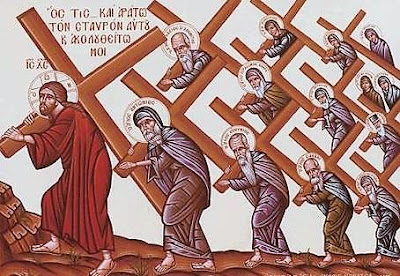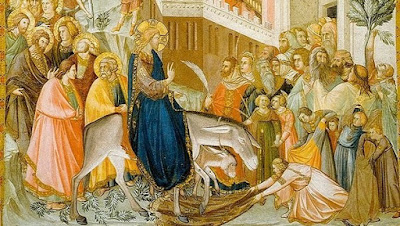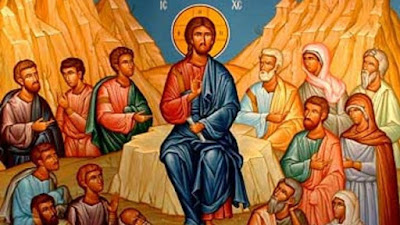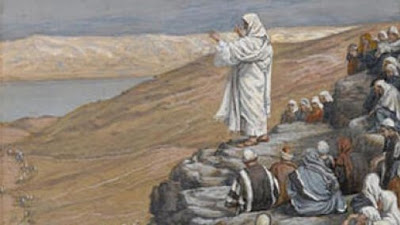The Baltimore Catechism Explained | Lesson 1: On the End of Man
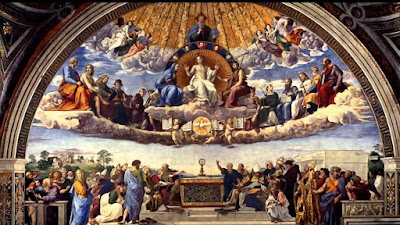
Our Lady of the Rosary Family Catechism Fr. Anthony Pillari JCL, MCL, STD Lesson 1: On the End of Man (The following is a transcript from the Our Lady of the Rosary Family Catechism with Fr. Anthony Pillari . Each presentation focuses on a lesson from the Baltimore Catechism. While these catecheses are intended for young Catholics, a prayerful study of the subject matter and materials provided would greatly benefit anyone. This video series is available free online.) Welcome to the first lesson of Our Lady of the Rosary Family Catechism – On the End of Man. You are beginning today a great journey through the entire Baltimore Catechism. Through a challenging program of formation that will lead your soul to become stronger in the Lord and in His might. The keys to the success of this program will be your willingness to work hard at your studies, your willingness to make sacrifices, your willingness to persevere, and your determination to not become discouraged. Because in this pro
